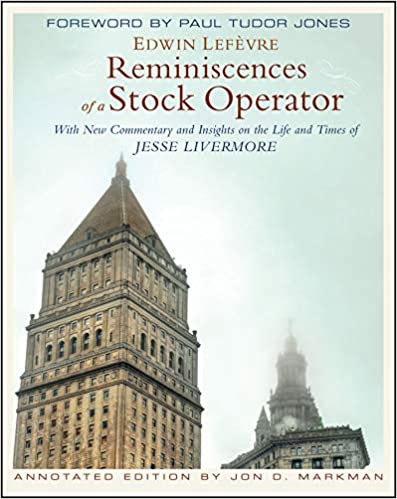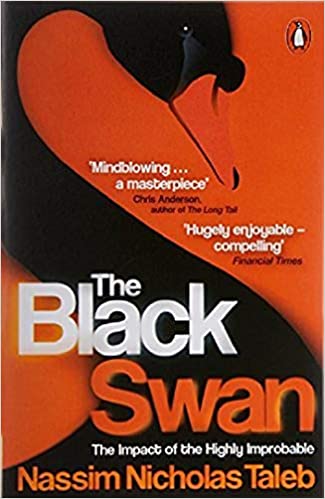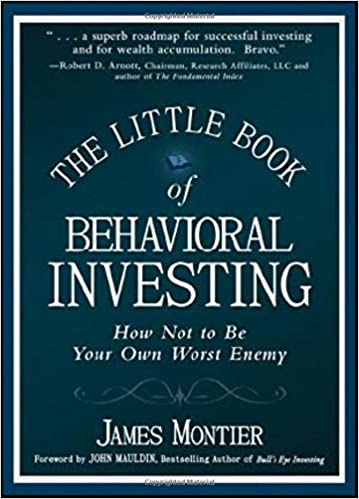It is true that in many pursuits, you can best learn by doing, and noting your inevitable mistakes. Forex trading is no different, but if you take the time to detach from your trading screen, relax, calm your mind, and open it to learning new ideas based upon the experiences of, you can reduce the number of costly mistakes you will go through in your own Forex trading career. This means a faster path to profit with fewer losses along the way.
There are many good books about Forex trading, but I narrow down my list to the three best Forex trading books which helped me the most in my journey to profitable trading, and which can help you too. They are all wide-ranging and designed to help you form your own theory of trading. Most people need a philosophical basis to their trading to get them through the inevitable losing streaks, doubts, and psychological challenges they will encounter. Reading the three books listed below should be a big help to almost anyone wishing to learn how to trade the markets, as they also cover “how to” as well as “why”. In addition, you can check the list of "Free Forex eBooks" on our site.
1. Reminiscences of a Stock Operator
Get it on Amazon

If you are only going to read one book about trading, it should be this one. The book is Jesse Livermore’s self-told story of his career as arguably the most successful trader of all time, written as told to financial journalist Edwin Lefevre. Livermore started trading stocks and commodities with just $5 of own money at the age of 14 in 1891 while working as a quote-boy in a “bucket shop” – the U.S. equivalent of retail Forex brokers of the time. The book follows his journey, told with painful honesty, from the bucket shops to the big time with J.P Morgan all the way up to the 1920s. Livermore goes bankrupt twice, makes and loses several multi-million-dollar fortunes, and explains both his successes and failures in detail, also outlining the methods he used to make huge profits which can still be usefully applies today.
What makes the book especially fascinating and useful is that Livermore worked on his own in an era where technical analysis was almost unknown. Livermore was an unusually confident man with nerves of steel, but he was also thoughtful and honest with himself about his mistakes. He designed his own successful trading method which relied upon both technical and fundamental analysis, and he used whatever worked in his experiments. Because he was self-taught and self-directed, he relied almost entirely upon his own observations of price movements.
The lessons offered by Livermore are timeless and applicable to all markets, including Forex, although there was no Forex market until decades after Livermore’s death. The book is suitable for complete Forex beginner traders but will be best appreciated by traders who have struggled to learn from their own mistakes. Livermore made many of the same mistakes, and he explains how he overcame them.
Livermore was trading stocks and commodities, and in those days, stockbrokers allowed leverage of ten to one. Although many modern Forex brokers will offer much higher leverage, Livermore was not paying any overnight swap fees, so he had an opportunity to make huge profits on dramatic movements in stock prices which is arguably not possible today due to an effective cap on leverage at two to one.
Any trader will learn something useful from this book, and anyone wanting to get a flavor of American capitalism during the “gilded age” and its immediate aftermath will find plenty of fascinating detail strangely reminiscent of our own era, when refined sugar was tech and the telegraph the internet.
2. The Black Swan: The Impact of the Highly Improbable
Get it on Amazon
 Polymath and flaneur Nicholas Nassim Taleb has been the subject of much controversy due to his devastatingly harsh and facetious takedowns of what might be called the “financial establishment”. Taleb makes convincing arguments that the Black-Scholes option pricing model does not work, that financial markets do not produce Gaussian return distributions, and that Modern Portfolio Theory does not hold up under serious scrutiny.
Polymath and flaneur Nicholas Nassim Taleb has been the subject of much controversy due to his devastatingly harsh and facetious takedowns of what might be called the “financial establishment”. Taleb makes convincing arguments that the Black-Scholes option pricing model does not work, that financial markets do not produce Gaussian return distributions, and that Modern Portfolio Theory does not hold up under serious scrutiny.
Although these heresies may sound like dry academe, Taleb brings his arguments to life in arresting, simple terms which are easily understood. The message is actionable: those who make a living selling options will inevitably go broke eventually, while option buyers using robust money management and remaining patient will, equally inevitably, eventually make a lot of money. These are not mere theoretical arguments: as an options trader at a major New York bank in the 1980s, Taleb made his fortune at a young age by generating enormous profits for his employer during the 1987 “black Monday” stock market crash. He did this by buying wildly out of the money options for next to nothing, at a time when thought leaders were declaring an “end to volatility”.
This book not only contains some useful lessons for protecting yourself from “black swans” in life, but it also teaches you some basic rules to use in determining where market jackpots are likely to be located – and that you can make big profits without being right most of the time, as long as you structure your Forex trading like an option buyer by using tight stops and not limiting your profit targets in any way.
3. The Little Book of Behavioral Investing: How Not to be Your Own Worst Enemy
Get it on Amazon
 One of the hardest moments for most traders come when they realize that they know what they should be doing to make money trading, but that for some reason, they self-sabotage by being unable to “stick to the script” and follow their own trading rules. This short, easy-to-follow book explains why by delving into the realm of trading psychology. Even better, the author James Montier shows how human nature and psychology leads the “crowd” to make predictable mistakes, giving intelligent traders and investors an exploitable trading “edge”.
One of the hardest moments for most traders come when they realize that they know what they should be doing to make money trading, but that for some reason, they self-sabotage by being unable to “stick to the script” and follow their own trading rules. This short, easy-to-follow book explains why by delving into the realm of trading psychology. Even better, the author James Montier shows how human nature and psychology leads the “crowd” to make predictable mistakes, giving intelligent traders and investors an exploitable trading “edge”.
This book is easy to digest and contains useful, actionable strategies you can use to help prevent your profit and loss from suffering due to confidence, bias, and fear issues, which all traders suffer from to some extent, by knowing and understanding yourself.
Final Thoughts
If you want to be a successful Forex trader, you do have to open a demo account and practice, and learn the basics of the Forex market, plus how to execute and operate on a micro level. You can get most of this from short educational videos and from your own price chart. Yet it is also vital to zoom out, switch off your computer, and see the big picture by reading a few of the best Forex trading books – learning the deeper lessons and meanings of the markets will get you through challenging markets without suffering catastrophic losses better than anything else will.
